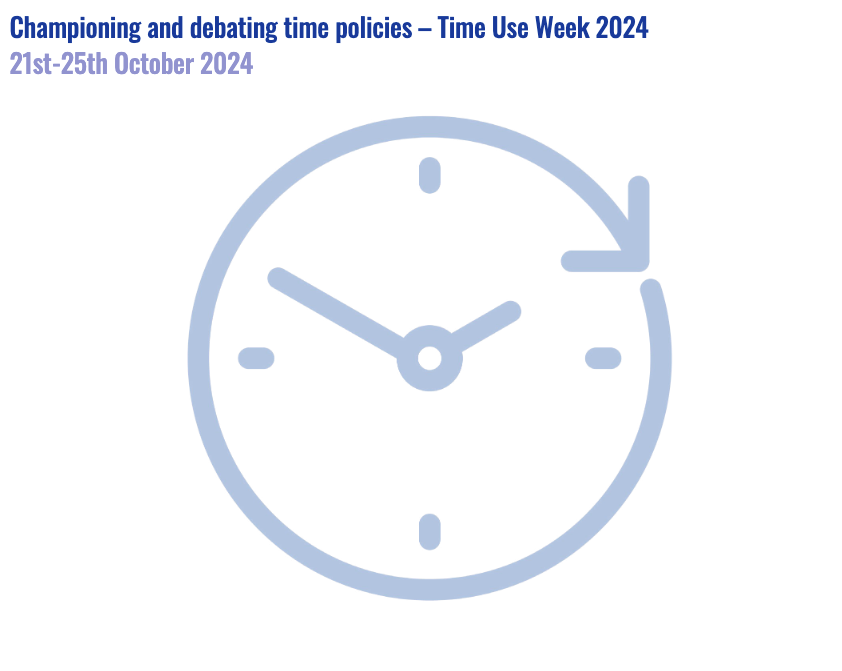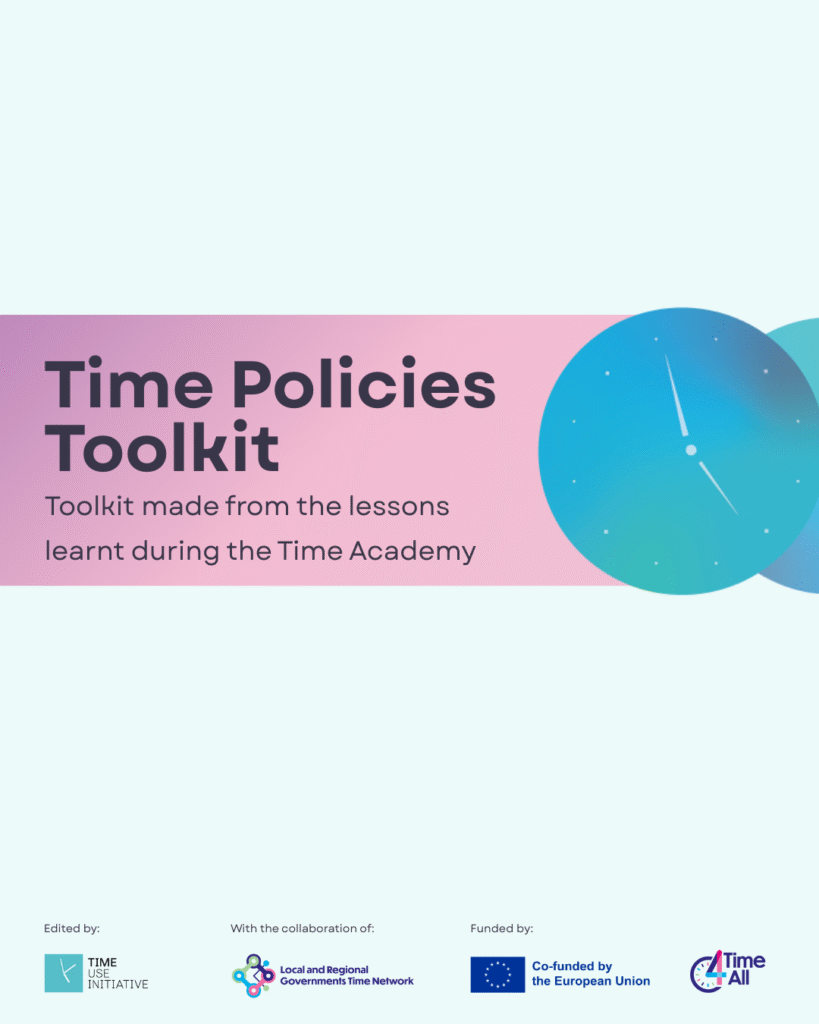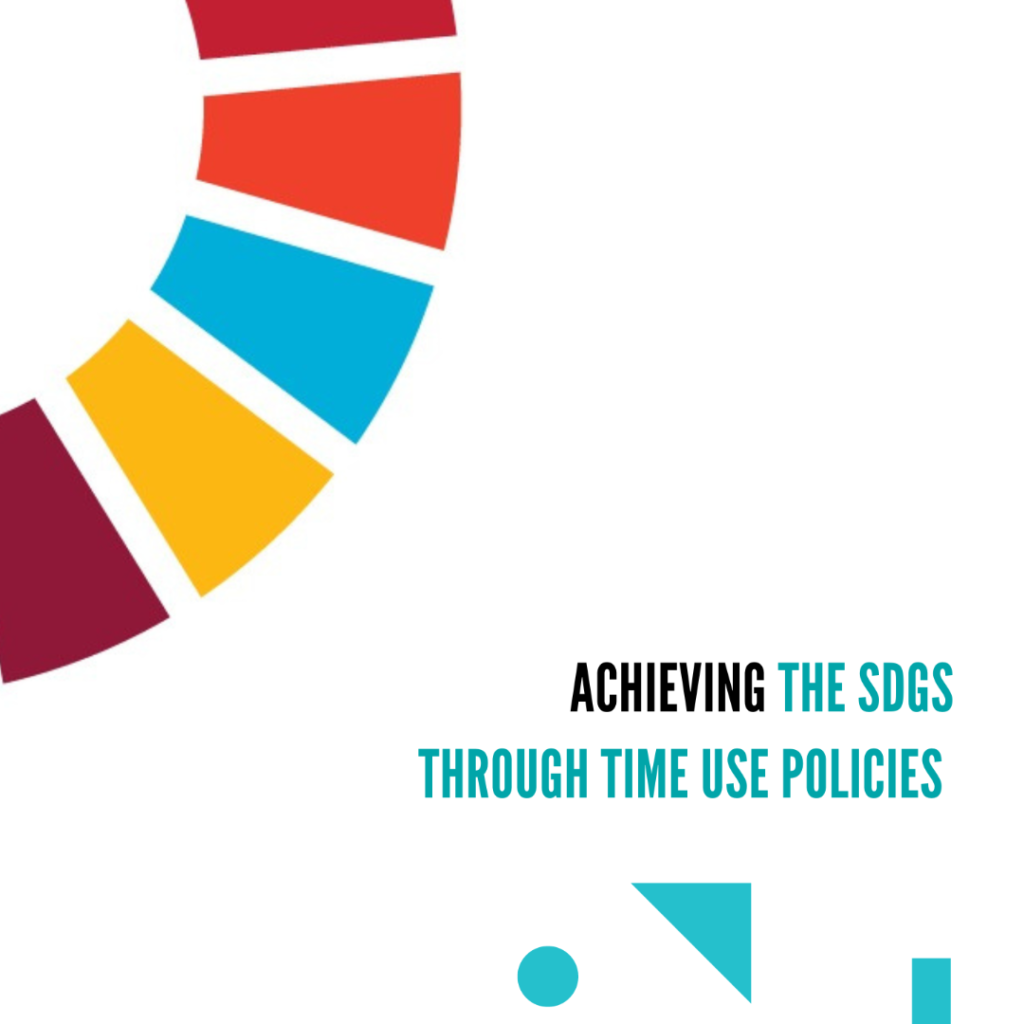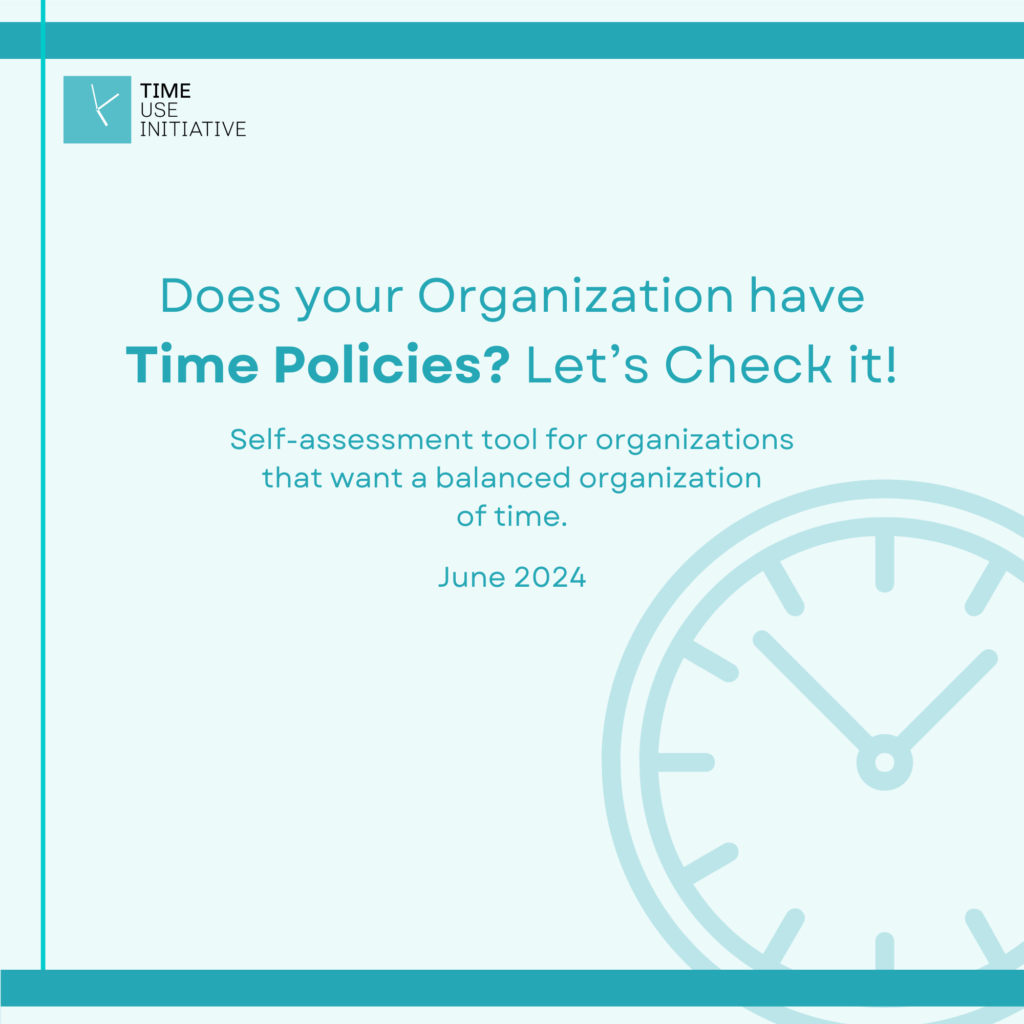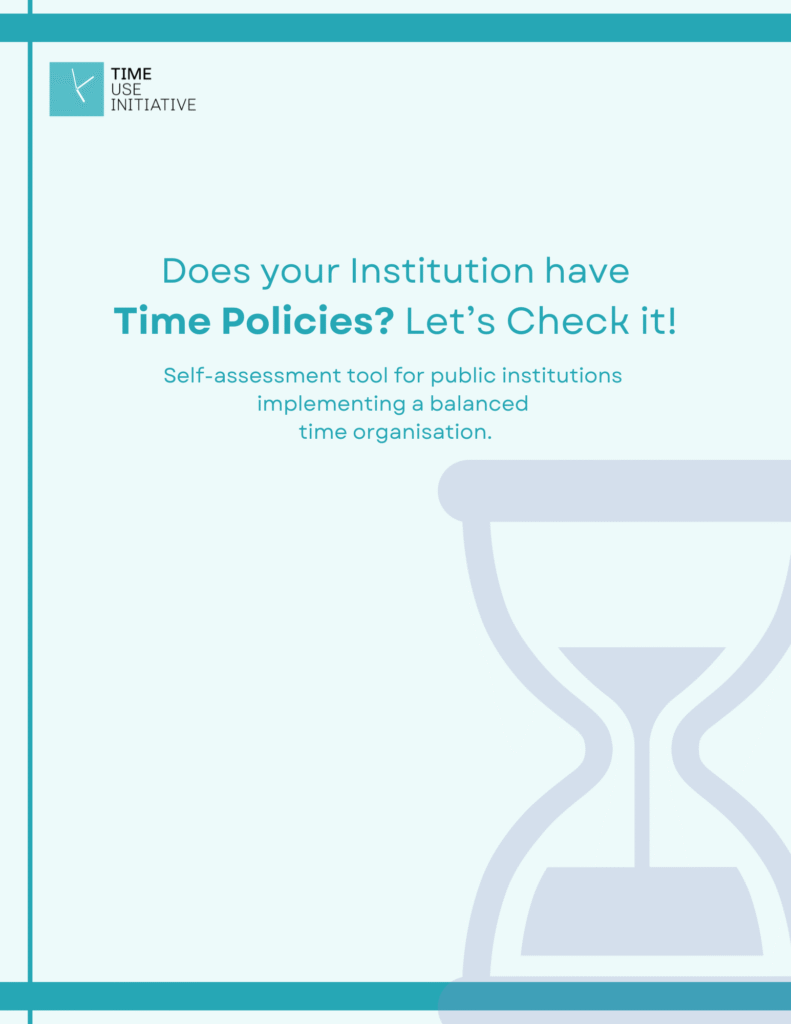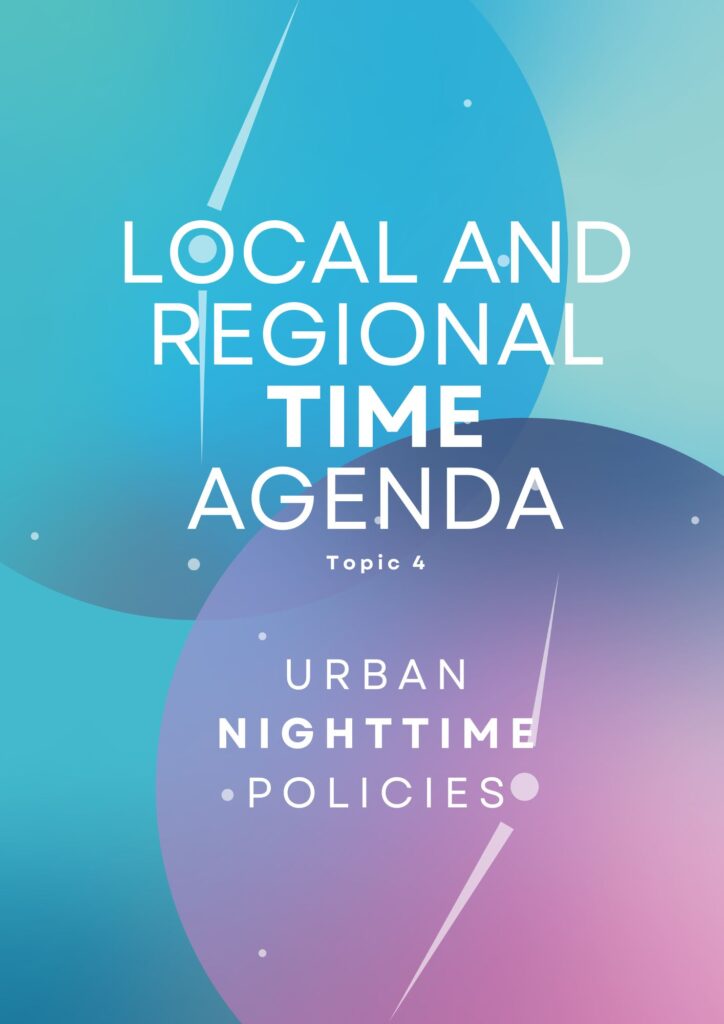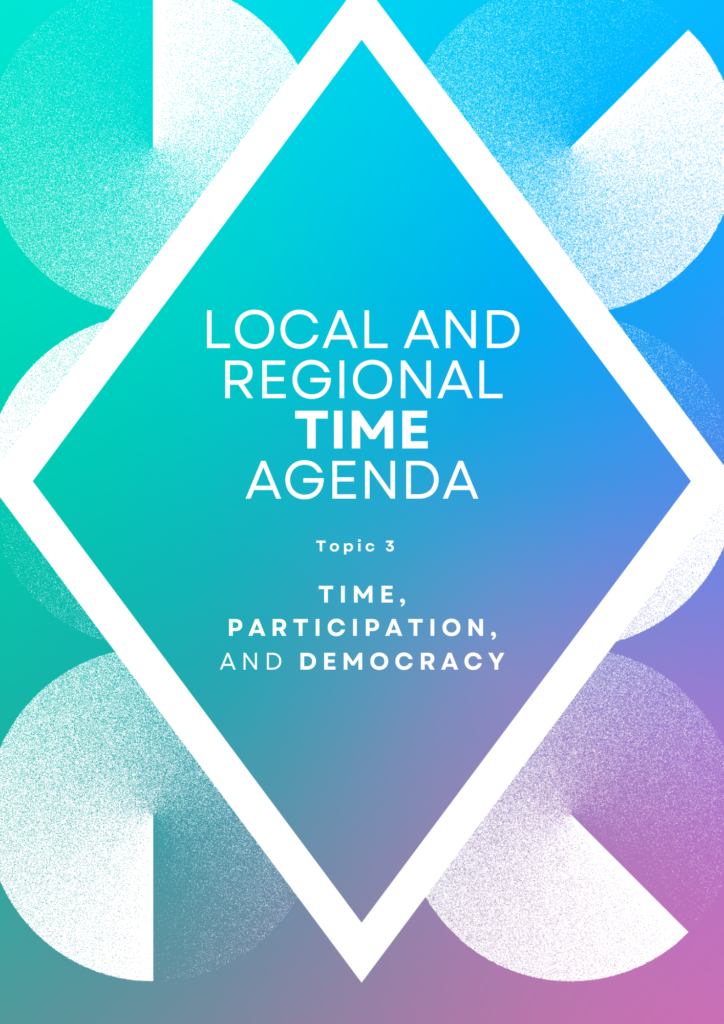Towards a More Rational and Sustainable Working Time
Fifth chapter of the Local and Regional Time Agenda on working time policies. It compiles good practices implemented by local and regional governments aimed at creating a more sustainable and rational working time — from reduced work weeks to sustainable and staggered commuting.
Towards a More Rational and Sustainable Working Time Read More »




